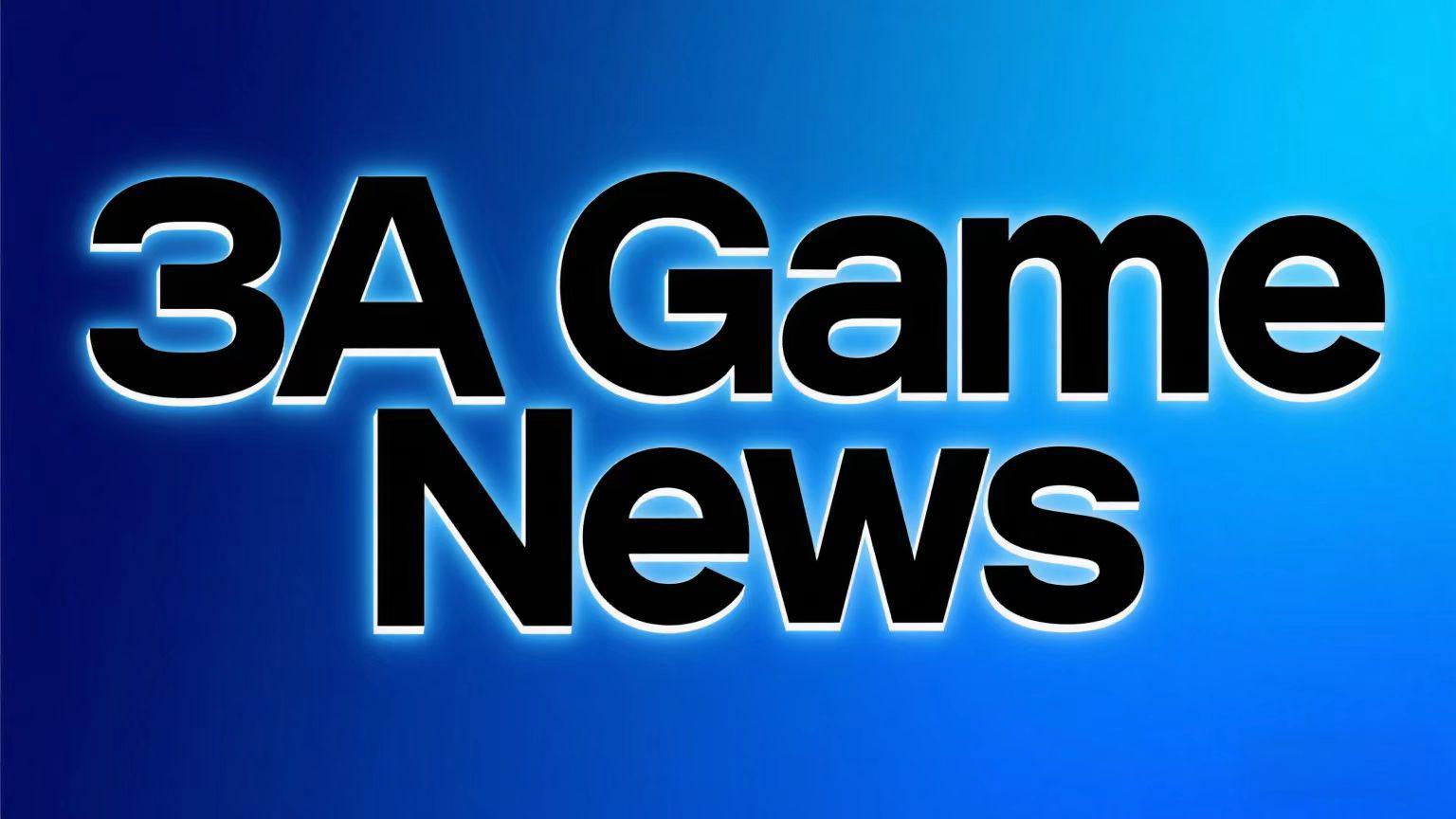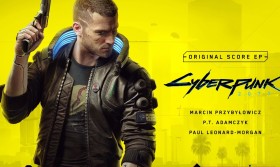Homeworld 3 is not merely a game; it is the culmination of a twenty-year legacy, a whispered promise passed down through generations of strategy enthusiasts. Since the release of Homeworld 2 in 2003, the haunting beauty of its orchestral score, the tension of its tactical combat, and the profound loneliness of its deep-space narrative have remained unmatched. The announcement of a sequel, developed by Blackbird Interactive with the blessing of original creators, sent ripples of anticipation through the community. A central pillar of this anticipation is the audio landscape—the score. Predicting the musical direction of Homeworld 3 is an exercise in understanding legacy, evolution, and the very soul of the franchise. The new score must walk a precarious tightrope: honoring the iconic, ethereal soundscapes crafted by Paul Ruskay while forging a distinct, modern auditory identity for a new era.
To predict the future, one must first understand the past. The musical identity of Homeworld is not one of triumphant fanfares or heroic marches, but of profound melancholy, awe, and a sense of scale that is both humbling and terrifying. Paul Ruskay’s original score was a masterclass in atmosphere. He blended ambient textures, evocative choral arrangements (often in Sanskrit or other ancient languages), and subtle electronic elements to create a sound that was simultaneously ancient and futuristic. Tracks like "Adagio for Strings" (a masterful adaptation of Barber's work) and "Kharak System" established a tone of tragic grandeur. The music wasn't just background; it was a narrator. It told the story of a people unmoored, searching for a home they had never seen, surrounded by the infinite, silent void of space. The music was the emotional weight of the journey.
Paul Ruskay’s return to compose for Homeworld 3 is the single most important factor in this prediction. His involvement ensures a fundamental continuity of tone and spirit. We are not getting a complete musical overhaul; we are getting an evolution. However, a direct rehash of the previous scores would be a disservice. The technology for game audio has advanced dramatically since 2003. We can expect Ruskay to leverage modern recording techniques, higher-fidelity samples, and a more dynamic, interactive audio system that responds directly to player actions and the state of the battlefield.
The introduction of the "War Games" roguelike mode and the persistent fleet mechanics suggest a significant shift in how the score will function. The traditional linear, cinematic scoring of the originals will likely be complemented by a more modular and systemic approach. Imagine the familiar haunting themes swelling not at a pre-determined story beat, but as your heavily customized flagship, scarred from previous engagements, warps into a new sector to face an unexpected enemy. The music could dynamically layer, with subtle ambient pads underlying the exploration phase, tense rhythmic pulses building during maneuvering, and the full orchestral and choral force unleashing during the climax of a large-scale fleet engagement. This would make the score feel uniquely personal to each player's campaign.
Furthermore, the narrative themes of Homeworld 3 provide clear direction for the soundscape. The game is set generations after Homeworld 2, with the galaxy enjoying a fragile peace under the Hiigaran-led Hiigaran Republic. The main threat arises from the Anomaly, a mysterious and seemingly impenetrable region of space where the laws of physics break down. This premise invites a fascinating musical dichotomy.
On one side, we have the known world—Hiigara and its allies. The music here could reflect a matured, perhaps even somewhat complacent, civilization. We might hear echoes of the classic themes, but fuller, more orchestrated, and more confident, representing a people secure in their homeworld. This would make the eventual disruption all the more powerful.
On the other side is the unknown—the Anomaly. This is where Ruskay has the greatest opportunity to innovate. To sonically represent a breakdown of reality, we can predict a significant departure from the established musical language. The score here might become more dissonant, more experimental. We could hear glitchy electronic distortions, unnatural sound design elements woven into the melodic fabric, reversed choirs, and atonal textures that create a deep sense of unease and cosmic horror. The familiar comfort of the classic Homeworld sound would be literally corrupted by the Anomaly, mirroring the threat it poses to the galaxy. This contrast would be incredibly effective, using the audience's ingrained auditory expectations against them to heighten the fear of the unknown.
The choral elements, a signature of the franchise, will undoubtedly return. However, their application might evolve. Instead of solely ancient languages, we might hear constructed languages or purely phonetic vocals to represent new factions or the incomprehensible nature of the Anomaly. The choir could be used more aggressively, with staccato, rhythmic chanting during battles, or more ethereally than ever before in the quiet moments of exploration within the mysterious new space clouds that serve as the game's mega-structures.

In conclusion, predicting the score for Homeworld 3 leads to a vision of sophisticated auditory storytelling that respects its roots while boldly expanding its scope. We should expect the comforting, melancholic embrace of the classic themes to serve as a foundation—a musical homeworld from which the journey departs. layered upon this will be a modern, dynamic, and reactive scoring system that makes the music an integral part of the gameplay loop, not just a narrative accompaniment. Most excitingly, the narrative premise of the Anomaly will likely push Paul Ruskay to explore darker, more experimental, and sonically disruptive territories, creating a powerful aural representation of a threat that defies understanding. The score of Homeworld 3 will not simply be a collection of memorable tracks; it will be the emotional and atmospheric core of the experience, a bridge between the cherished past and the exciting future of the franchise. It will make the vast, cold emptiness of space feel once again like a place of profound story, immense danger, and haunting beauty.















